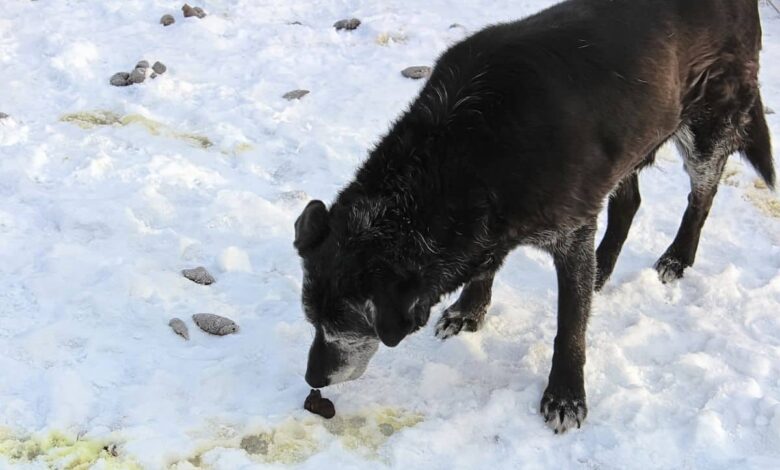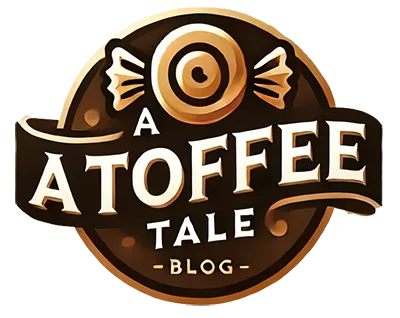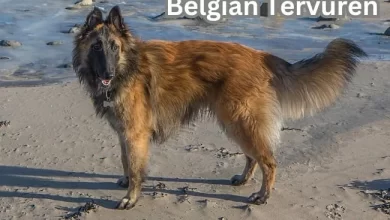How to Stop a Dog From Eating Poop: The Best Strategies for Pet Owners-2025

If you’ve been asking yourself how to stop a dog from eating poop, you’re not alone. Coprophagia, or the act of eating feces, is a surprisingly common issue that many dog owners face. While it’s certainly unpleasant, it is a behavior that can be corrected with patience and understanding. Whether you’ve just adopted a new puppy or are dealing with an adult dog’s strange habit, there are effective strategies that can help prevent poop-eating behavior.
In this comprehensive guide, we’ll explore the reasons behind coprophagia, why it’s important to address, and the best strategies for how to stop a dog from eating poop. These solutions can help you tackle this behavior and restore your dog’s health and happiness.
Why Do Dogs Eat Poop?
Before exploring the best strategies how to stop a dog from eating poop, it’s essential to understand the potential causes behind this behavior. Knowing the root cause will guide you toward the most effective solution. Here are some common reasons why dogs eat poop:
- Instinctual Behavior: Dogs, especially puppies, may eat feces due to instinct. In the wild, some dogs would eat feces to keep their living area clean and avoid attracting predators.
- Nutritional Deficiencies: A dog might eat poop to compensate for missing nutrients, such as vitamins, minerals, or digestive enzymes, that they’re not getting from their diet.
- Boredom or Anxiety: Dogs left alone for extended periods may turn to feces-eating as a way to cope with boredom or anxiety, especially if they don’t have other forms of stimulation.
- Medical Conditions: In some cases, coprophagia may be linked to gastrointestinal issues, parasites, or malabsorption disorders.
- Attention-Seeking Behavior: Dogs may eat poop as a way to grab their owner’s attention, especially if they notice it leads to a strong reaction, whether it’s positive or negative.
Now that we have a better understanding of the causes of coprophagia, let’s dive into how to stop a dog from eating poop.
The Best Strategies for Stopping Your Dog from Eating Poop
There’s no one-size-fits-all solution for stopping a dog from eating poop, as the cause behind this behavior can vary. However, here are the best strategies you can implement to reduce or eliminate coprophagia:
1. Supervise and Clean Up Immediately
- One of the simplest and most effective ways to stop a dog from eating poop is to prevent access to feces. Start by supervising your dog closely during bathroom breaks and cleaning up their waste immediately. If your dog goes outside, be sure to pick up the feces as soon as they finish.
In addition to cleaning up immediately, avoid leaving your dog unsupervised in areas where they might have access to feces, such as in the yard. Consistent supervision and clean-up are key to eliminating the temptation for your dog.
2. Improve Your Dog’s Diet
How to stop a dog from eating poop? If your dog’s poop-eating behavior is linked to nutritional deficiencies, it’s important to evaluate their diet. Dogs that are lacking certain nutrients may turn to feces in search of the missing vitamins, minerals, or enzymes. To address this, switch your dog to a high-quality, balanced diet that meets all their nutritional needs.
Make sure your dog’s food contains:
- High-quality protein
- Fiber for healthy digestion
- Omega fatty acids for skin and coat health
- Vitamins and minerals to support overall well-being
If you’re unsure about which food to feed your dog, consult with your veterinarian for recommendations. They may also suggest adding supplements or digestive enzymes to help balance your dog’s diet.
3. Use Taste Deterrents
- If your dog continues to eat poop despite dietary improvements, you can use taste deterrents to make the feces taste bad. There are several commercial products designed to make feces unappealing to dogs. Products like For-Bid can be added to your dog’s food, and it will make their stool taste unpleasant, which will discourage them from eating it.
These products can be effective, but they are best used in combination with other behavioral solutions and should be administered as directed.
4. Increase Physical and Mental Stimulation
How to stop a dog from eating poop? Boredom and lack of exercise are common reasons why dogs resort to eating poop. If your dog isn’t getting enough stimulation, they may turn to feces-eating as a way to occupy themselves. To prevent this, make sure your dog gets plenty of physical exercise and mental enrichment.
Here are some ways to provide more stimulation:
- Take regular walks: Aim for at least 30 minutes to 1 hour of exercise each day.
- Engage in interactive play: Games like fetch, tug-of-war, and hide-and-seek are great ways to tire out your dog and keep them mentally engaged.
- Use puzzle toys: Toys that dispense treats or require problem-solving can keep your dog’s mind sharp and occupied.
Increasing your dog’s activity levels will help reduce stress, boredom, and anxiety, all of which can contribute to poop-eating behavior.
5. Training and Positive Reinforcement
Another crucial strategy for how to stop a dog from eating poop is training your dog to leave feces alone when you give a command. Using positive reinforcement techniques can be an effective way to address coprophagia.
Follow these steps for training:
- Use the “leave it” command: When you see your dog approaching feces, say “leave it” in a firm but calm voice.
- Reward them for ignoring the poop: If your dog listens to the command and avoids the poop, immediately reward them with praise and a treat.
- Redirect their attention: If your dog tries to eat poop, redirect their attention with a toy or another engaging activity. Once they stop, reward them.
Consistency and patience are key in training. The more you practice this command, the more likely your dog will understand that leaving poop alone leads to rewards.
6. Provide More Socialization and Interaction
How to stop a dog from eating poop? Dogs that suffer from separation anxiety or lack socialization may eat poop as a way to cope with their stress. If your dog is experiencing anxiety or loneliness, the behavior might be an attempt to soothe themselves.
To help alleviate anxiety, consider the following:
- Provide a safe, calm environment: Create a space where your dog feels secure, especially if they are left alone for long periods.
- Socialize your dog: Arrange playdates with other dogs or enroll them in a dog training class to help them build confidence and reduce anxiety.
- Use calming aids: Pheromone diffusers, calming collars, or natural calming treats can help reduce stress.
7. Rule Out Medical Conditions
- If your dog continues to eat poop despite your efforts, there may be an underlying medical issue contributing to the behavior. Certain conditions, such as intestinal parasites, gastrointestinal disorders, or malabsorption diseases, can cause a dog to eat feces. If you suspect a medical cause, it’s important to take your dog to the vet for a thorough examination.
A veterinarian can perform tests to identify any underlying health problems and provide treatment if necessary.
Conclusion: How to Stop a Dog From Eating Poop
How to stop a dog from eating poop is a common concern for many dog owners, but the good news is that it’s a behavior that can be managed with the right approach. By understanding the underlying causes of coprophagia and implementing strategies like improving your dog’s diet, using taste deterrents, increasing exercise, and providing consistent training, you can stop your dog from eating poop.
If the behavior persists, don’t hesitate to consult with your veterinarian to rule out medical issues and seek professional guidance. With patience and persistence, you can help your dog overcome this unpleasant habit and enjoy a cleaner, healthier relationship.




